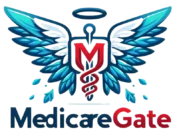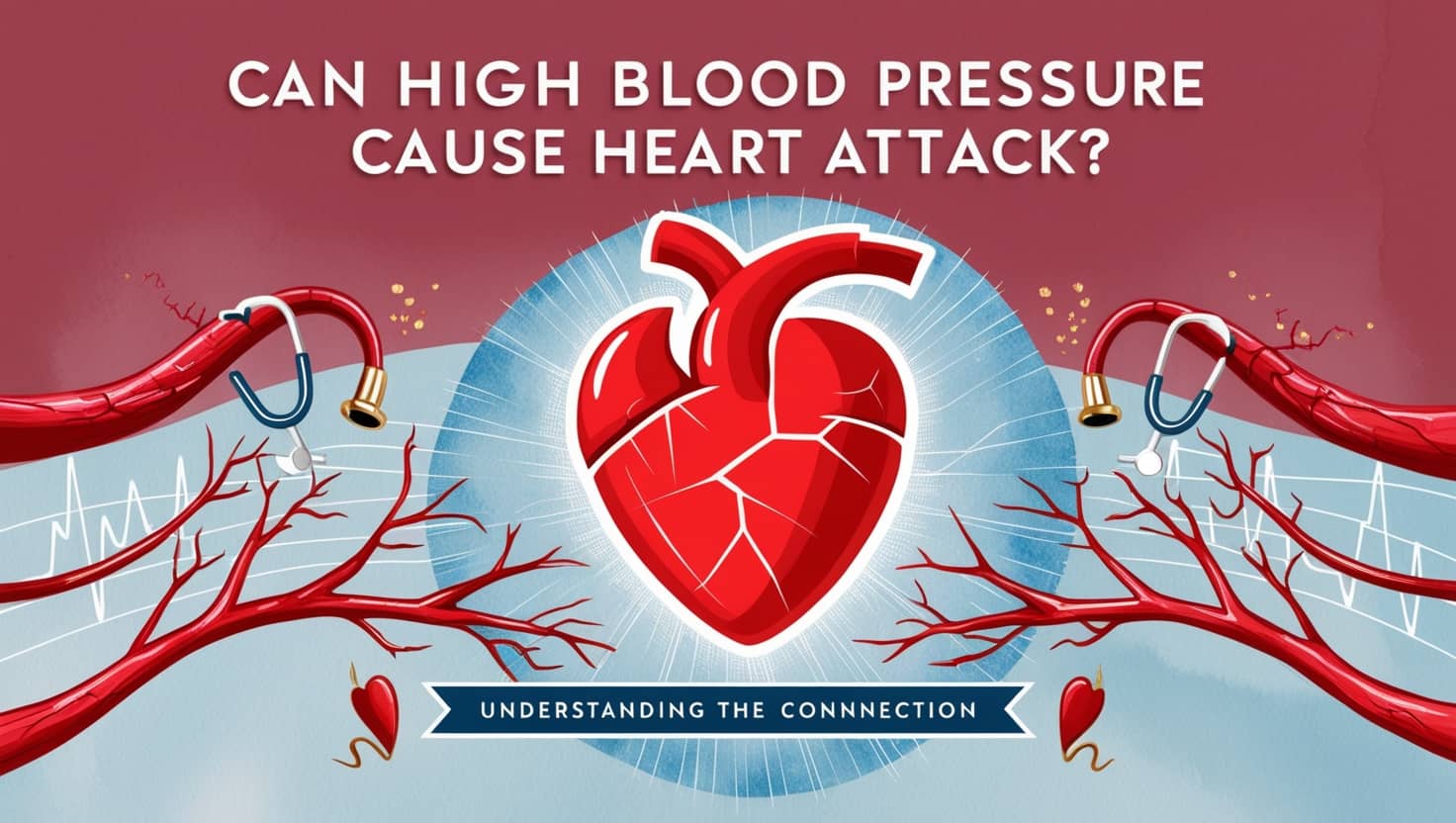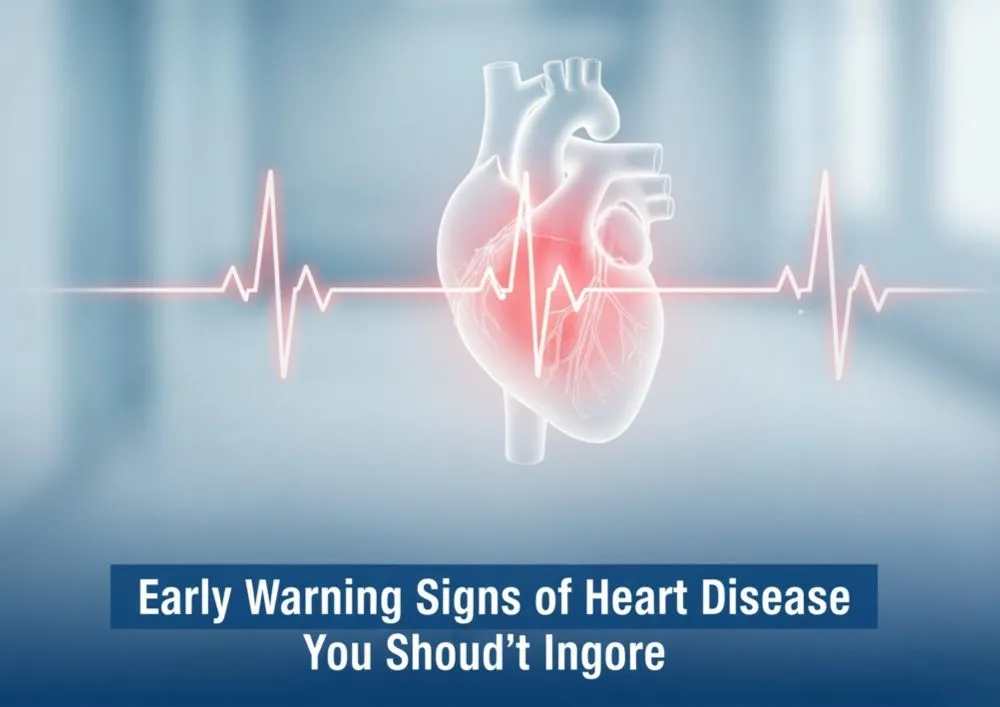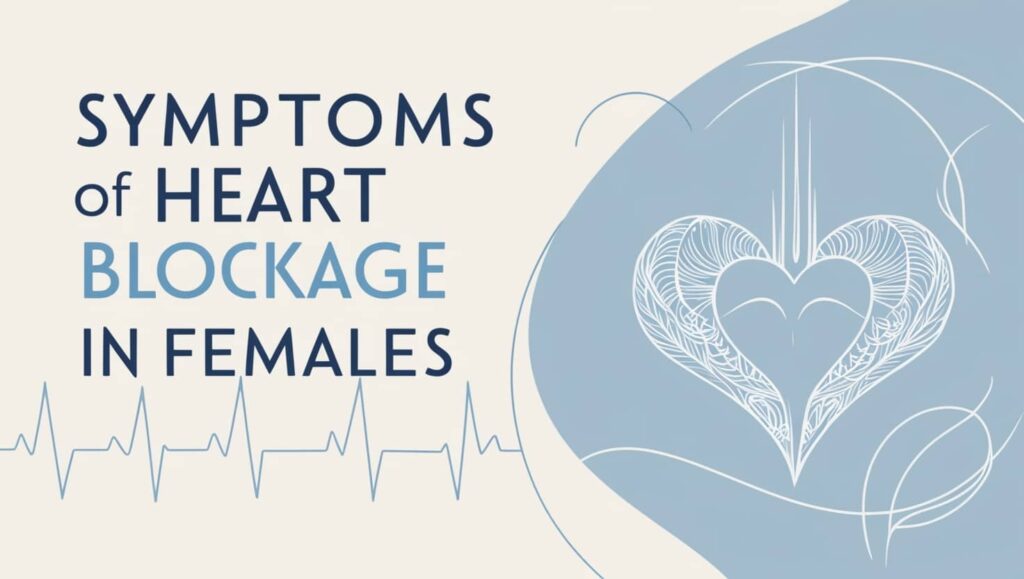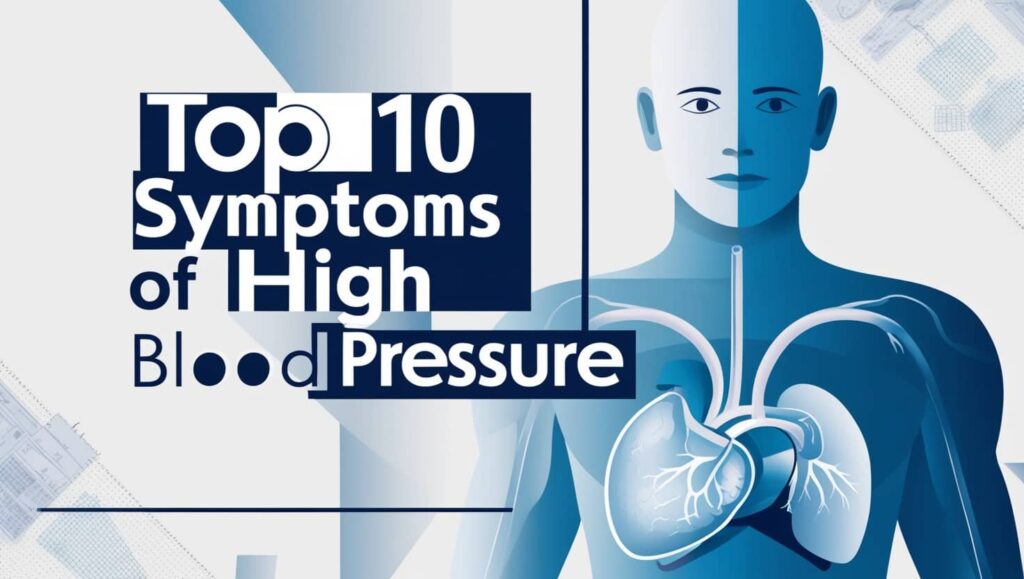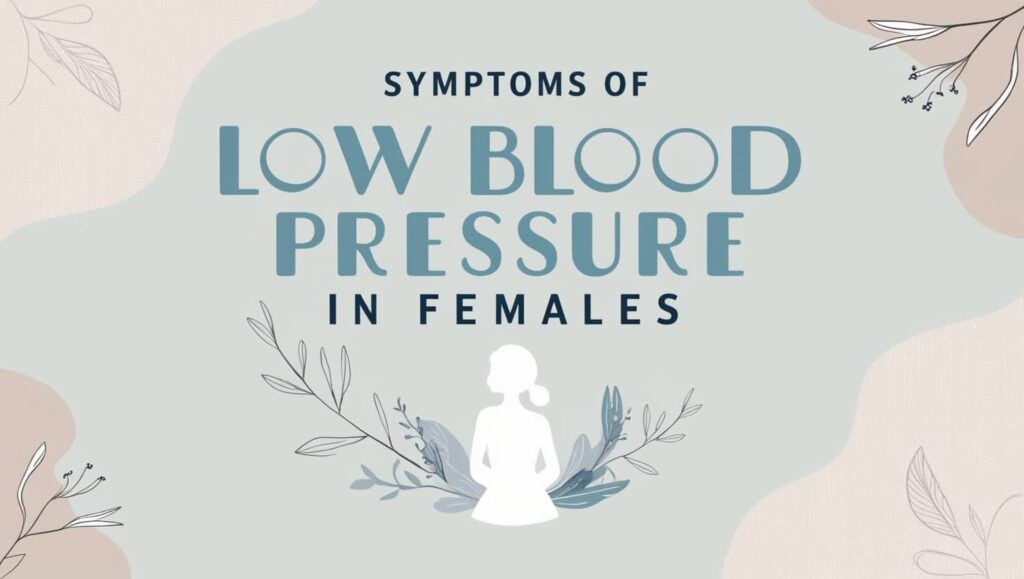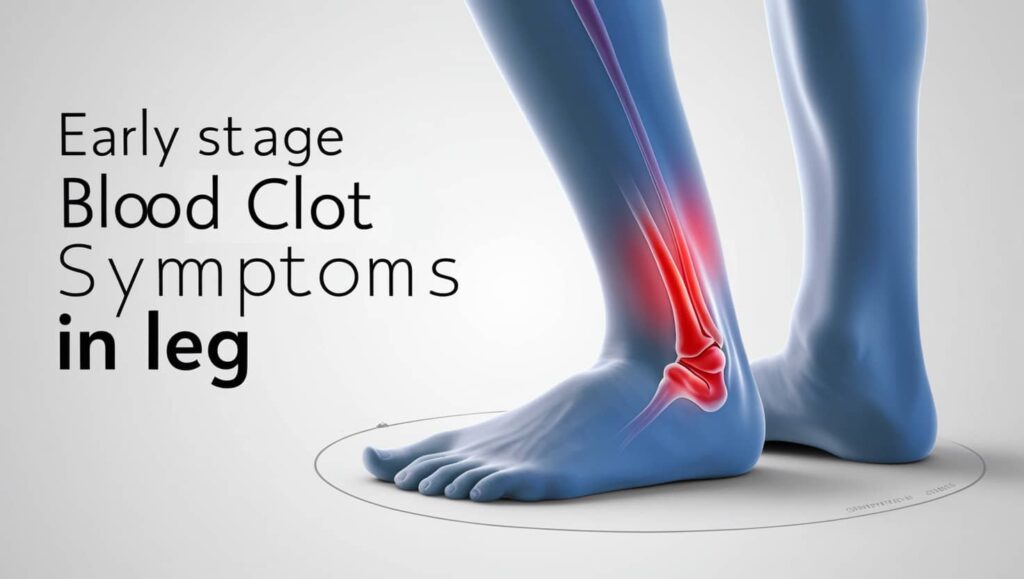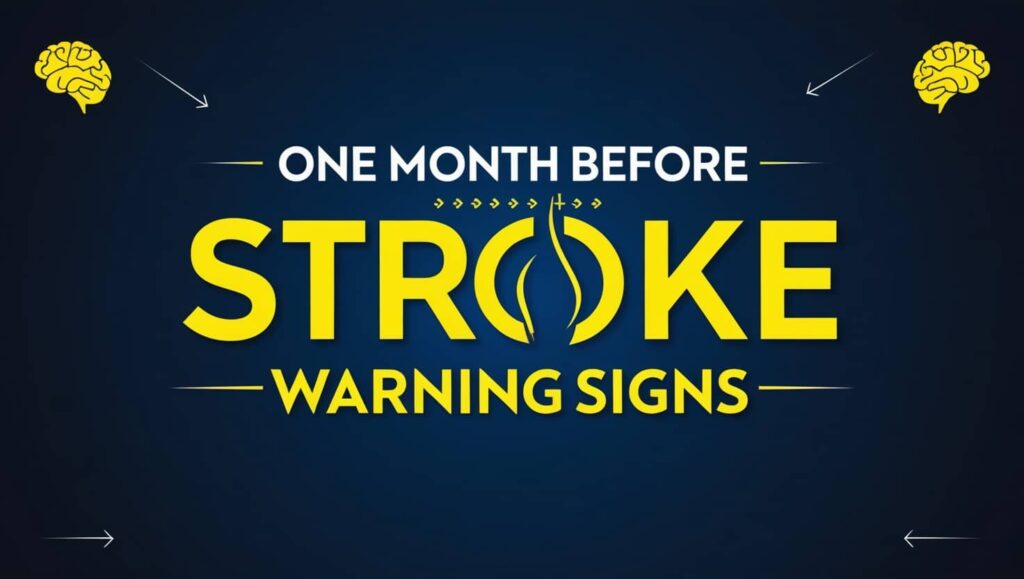Long-term high blood pressure damages the walls of blood vessels, causing small tears in them.
The body repairs these tears by sending special cells that stick to the sites of the tears.
Over time, substances such as cholesterol begin to accumulate in these areas, creating plaques that cause atherosclerosis.
This impedes blood flow and narrows the blood vessels, and the vessel may be completely blocked by these plaques.
Sometimes these plaques break off and form a clot that moves through the blood vessel, also blocking blood flow.
When the blockage occurs, whether due to plaques or a clot, this prevents blood from reaching the part of the heart that is connected to it, and a heart attack occurs.
This answers the question: Does high blood pressure cause a heart attack?
Link Between High Blood Pressure and Heart Health
High blood pressure or hypertension can damage the heart and increase the risk of heart attacks.
High blood pressure means that the heart is working harder and over time the heart muscle becomes damaged and less efficient and the heart may become enlarged.
This damage can appear in the following forms:
- Damage to the arteries that supply the heart: High blood pressure damages the arteries that supply the heart, causing serious problems such as coronary artery disease, where the patient suffers from chest pain and irregular heartbeats and may end up suffering from heart attacks.
- Enlarged heart muscle: The hard work of the heart muscle causes it to enlarge and this may cause angina or heart failure.
- Other health problems caused by high blood pressure: Stroke, metabolic syndrome, kidney disease, and vision loss. (heart, 2024)
How High Blood Pressure Leads to Heart Attack
Does high blood pressure cause heart attacks? Yes, it can.
How does high blood pressure cause heart attacks?
This can be caused by several factors, including:
- Atherosclerosis: High blood pressure makes the walls of blood vessels less elastic and makes them more likely to tear.
- Plaque buildup: Over time, these tears form plaques that narrow blood vessels and impede blood flow.
- Blood flow blockage: In some cases, blood flow to some areas of the heart may stop completely, which can lead to heart attacks.
In this case, the patient may experience the following symptoms:
- Pain or pressure in the chest.
- Pain or discomfort in the neck, back, arms, or jaw.
- Shortness of breath.
- Dizziness and nausea.
If you are experiencing symptoms of a heart attack, do not hesitate to call emergency services. (Heart, 2024)
Read Also: What Are the Top 10 Symptoms of High Blood Pressure?
Preventing Heart Attacks by Managing High Blood Pressure
After knowing that high blood pressure can cause a heart attack, you need to make some changes to your lifestyle and take care of your heart health by doing the following:
- Eating a healthy diet that is low in sodium and fat, and rich in fibers and lean proteins.
- Maintain a healthy weight.
- Doing moderate-intensity exercise regularly to improve blood flow and strengthen the heart muscle.
- Stay active and move throughout the day and use the stairs instead of the elevator.
- Avoid things that can seriously harm your health, such as tobacco and alcohol.
- Avoid stress and learn stress management techniques such as yoga and breathing exercises.
- Conducting routine checkups and taking medications as directed by your doctor. (CDC, n.d.)
References
CDC. (n.d.). Retrieved from Managing High Blood Pressure:
American Heart Association. (2024). Retrieved from Health Threats from High Blood Pressure:
American Heart Association. (2024). Retrieved from How High Blood Pressure Can Lead to a Heart Attack:
